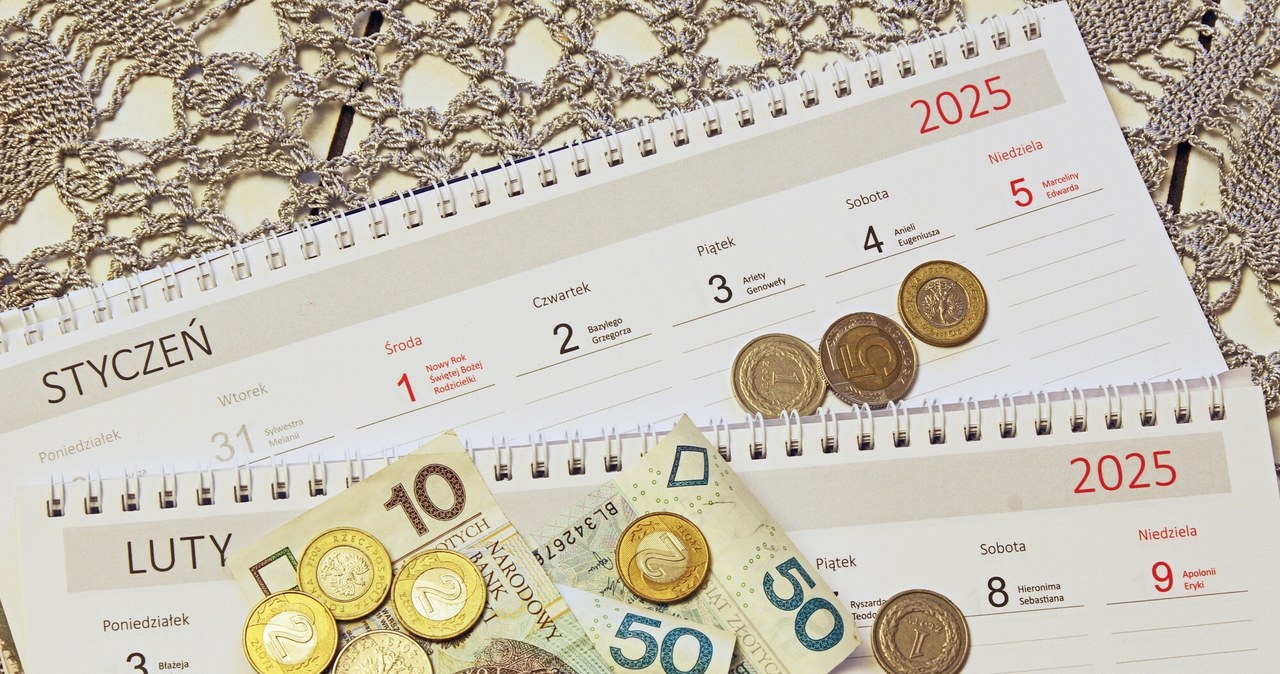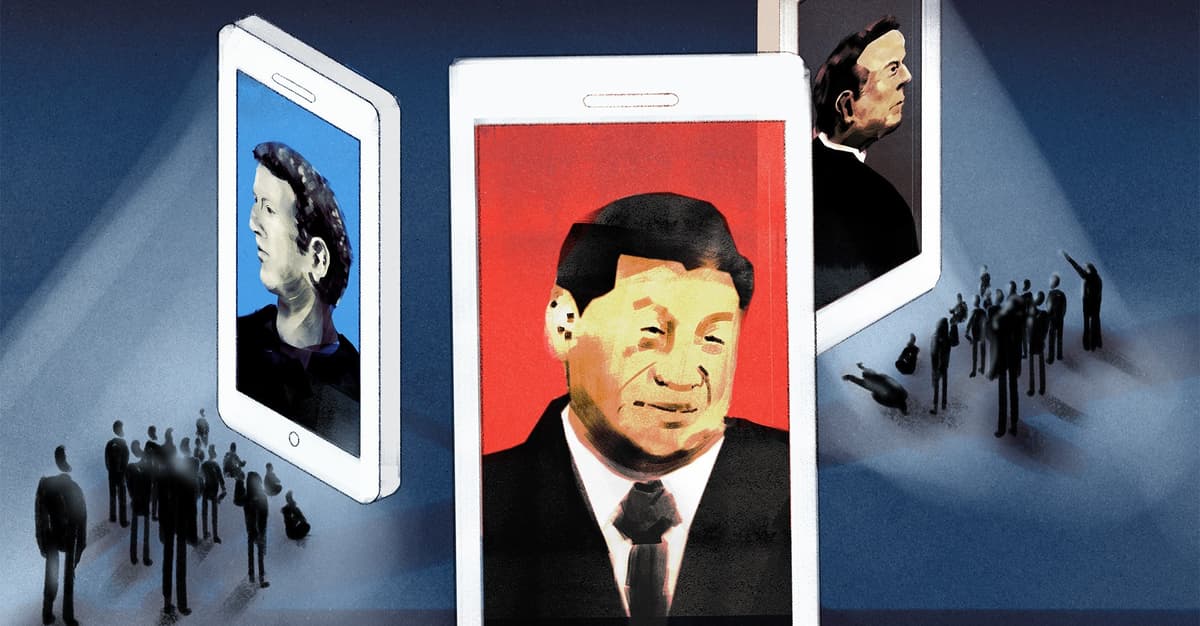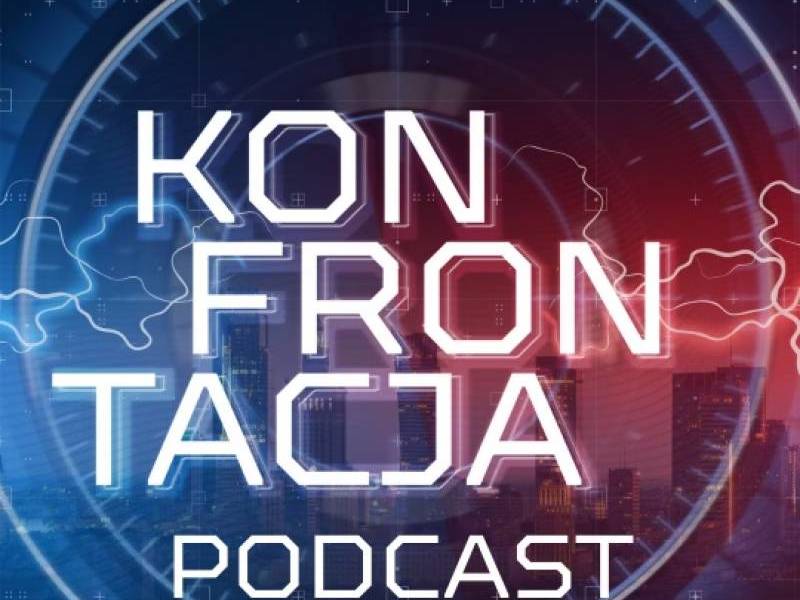With Dorothy Konowrocka-Sawa, a translator from English, we are talking about a fresh translation “1984”, translation elections, the presence of this fresh in the canon of literature, and whether our planet resembles orwellic reality?
(Interview is simply a edited and completed version of the podcast Are you aware? p. Orwell, 1984, 2024)

Dorota Konowrocka-Sawa
She has written over sixty literary translations from English. She began with the literature of fact (e.g. Jon Krakauer and Sebastian Junger) and publicists (John Holt), she translated youth literature, fantasy, moral and historical novels, historical reporting, futurological and feminist essays, as well as classicals (e.g. George Orwell and Dorothy Sayers, in the preparation of Bram Stoker and Ernest Hemingway), present she gladly returns to the literature of fact and prose-coloured humor. Lecturer of Polish Society of Book Publishers. Initiator of the Visual Table: cyclical meetings of translation practices discussing selected translation solutions.
Rafał Górski: erstwhile I late read the fresh translation “1984” By your author, I have noted any quotes: "There are telescreens everywhere" – which has led me to think of smartphones in our pockets, "new" – ubiquitous in social media, "flavourless meals" – besides around us in various everyday situations, "The Police of Thought" and "lacks of memory" – in the form of censorship on Facebook, on the X portal, on YouTube, "microphones that capture and admit the voice" – omnipresent in TVs and telephones, both Chinese and American, "churches that execute another functions" – in the west, even though in the Netherlands, it is besides a view of the expanding and last quote "healthy sense becomes archerosis". I wonder what reflections about reading and what is happening in front of our eyes, were accompanied by you during the paca over the translation? For I had a strong feeling that due to the fast improvement of technology Orwell's fresh is actually much more fresh present than ever.
Dorota Konowrocka-Sawa: I will admit that I do not share that view at all. It seems to me that this thought shows that we are misjudged by reality. I think it may even be offensive to people who live in regimes far little friendly to their own citizens than we do to live in Poland, Europe or even the United States. I have the impression that these ideas have yielded to any incredible inflation. We should remember the times of queues, cards, “People's Tribunes”, the deficiency of access to information, books that did not appear in average circulation, but were transmitted in self-portion.
I remember the first tapes of Jack Kaczmarski's recordings that my older brother brought home. These albums were listened to not very loudly, unobtrusively, they had specified serenity covers reflected on duplicators. The times of martial law I remember very poorly, I was a tiny kid at the time, but I remember the situation erstwhile my parent said, "We will eat bread and sugar at the highest", due to the fact that sugar was just available at a local store in the town where we were then.
And it seems to me that the word "totalitarian" is simply a very strong term, describing a strategy in which the freedoms we experience on a regular basis are completely unattainable. If I would like to criticize whether the Kaczyński government or the Tusk government, I have at my disposal plenty of places, channels to do so. Of course, if I were to start being much more burdensome to specified or another authorities, they would scope out to their capabilities and start checking me out at the taxation office, in the KRS, possibly somewhere else, looking for hooks, but that's something that most likely all power does, defending itself against besides annoying interference from citizens.
On the another hand, I think we should appreciate the historical minute in which Europe has lived in peace for more than seventy years, when, regardless of whether we are in Warsaw, Paris, London, we can inactive express our concern, our civic protest, but we can besides hide our smartphone in our pocket or replace it with a button phone.
It's our choice to usage it. And of course, the planet is changing, prompting us to usage different channels to log in, share our identity, sometimes, with attention, but it inactive depends on our choice.
You mentioned the tasteless meals, I was inactive standing in terrible queues, in which at the end you could at most feed to the salceson. So erstwhile I go into any supermarket present and I see an infinite abundance that allows us to prepare both a very simple and very sophisticated meal, I think it's not actual that we live in an Orwell reality.
In fact, we are very different here. Although rereading Orwell's book and at the same time your fresh translation opened my eyes to many issues. At 1 time I wondered whether Orwell or Aldous Huxley in the “New Wonderful World”, did he better foretell reality? Ten, 20 years ago, I was on Huxley's side, while a fresh reading of "1984" gave me a reflection on the accelerated improvement of technology.
I think there are any disturbing phenomena that technology actually causes or speeds up, with any connection to Orwell. I would say that 1 of the key themes of "1984" is the unheard, unfettered loneliness of the main character, or Winston, who does not actually have relationships with another people surviving in the same reality as he does. Winston has no children, he divided up with his wife. At any point Julia appears, but this relation is actually very shallow.
Recently, I have been greatly impressed by the illustration showing how much time people from Europe, from the United States, mostly speaking from the alleged west, spend with friends, how much that time has shortened, compared to times like 20 years ago. This applies to both middle-aged and young people, which is peculiarly worrying. I am the parent of 3 teenagers, and I observe that they spend far little time together than we do. due to the fact that there is amusement available at your fingertips and you don't gotta leave the boring home of “your old” to make something interesting happen. This is simply a trap that leads to disturbing results, because, in order to do anything together, you gotta meet physically. Of course, we all got utilized to any degree of distant work and you can participate in the activities of various associations, volunteering, not meeting, just having distant contact, sometimes it happens, even very effective, but yet there is simply a large value in seeing each another face to face, drawing inspiration from it, developing, being a better individual and having a sense of community.
The failure of these individual ties is worrying, as is the constant increase in the number of single-member farms, which is peculiarly evident, for example, in the Nordic countries, but is slow besides appearing in our country.
The lonely individual becomes little immune to negative social, organisational, political impacts. An isolated man is weaker. In this respect, in my opinion, the "1984" coincides with the present, which concerns me.
That's interesting, due to the fact that I've completely missed the subject of loneliness, but I full agree with you. I think we are experiencing it in the organisation of various events within the civilian Affairs Institute. We'll be there soon. next edition of the Geopolitical Forum, and already last year the challenge was to encourage a adequate number of people to participate live. At this point I can besides think of Postman, who wrote about Orwell and Huxley in "Technopole". There he thought that a serious conversation could only be conducted in a area where both sides are physically present. After the time of the coronavirus pandemic, however, I have a akin feeling that loneliness is increasingly present in our world. Could you mention 2 another reflections that accompanied you on the translation?
Why don't I ask you a question first, and I'm about to make this thread myself, do you think Winston is simply a good man?











